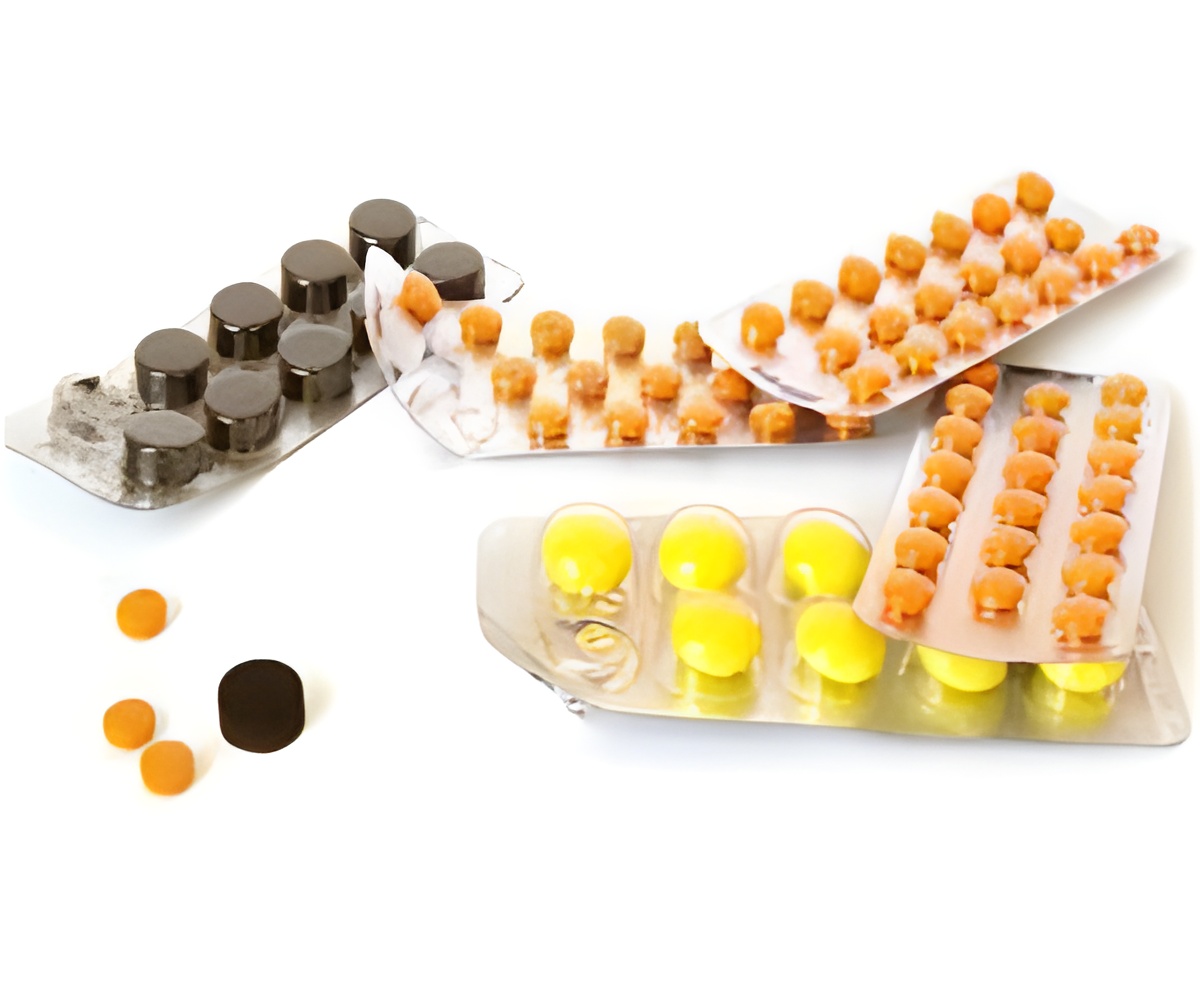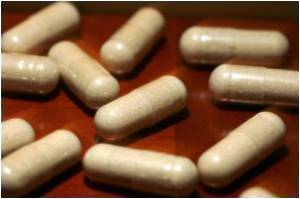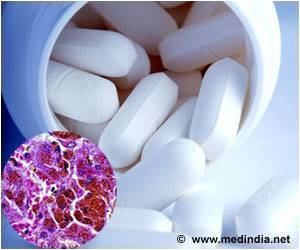From Keep Antibiotcs Working: the Campaign to End Antibiotic Overuse in Animal Agriculture, David Wallinga believes that physicians and policymakers have overlooked the critical role played by the ongoing overuse of antibiotics in livestock and poultry.

He points to data showing that, in 2009-11, 72% of all US sales of antimicrobials comprised those routinely added to water or animal feed.
These, he says, are "additives in feed given routinely, without a prescription, at lower than therapeutic concentrations, for purposes such as growth promotion and to control disease in otherwise healthy animals being raised in crowded or unhygienic conditions that promote disease."
Wallinga argues that, contrary to claims by some in the livestock and drug industries, "routine antibiotics are not necessary for animal health." He points to Denmark, the world's leading pork exporter, which reduced antimicrobial use in livestock production by 60% while increasing pork production by half since 1994.
Based on a growing body of evidence, almost every European and North American public health authority agrees that routine antibiotic use in animal food production likely worsens the epidemic of resistance, he writes. "Less certain is the political will to act upon that information," he concludes.
But Veterinarian, David Burch, argues that medicated animal feed "poses no additional risk of resistance development than giving a human patient an oral antimicrobial."
Advertisement
But Burch argues that use of antibiotics in feed was not associated with an increase in MRSA because "no products which directly select for MRSA are registered for use in feed in the European Union." It is mainly older antibiotics that are licensed for use in feed in the UK, he explains.
Advertisement
Source-Eurekalert















